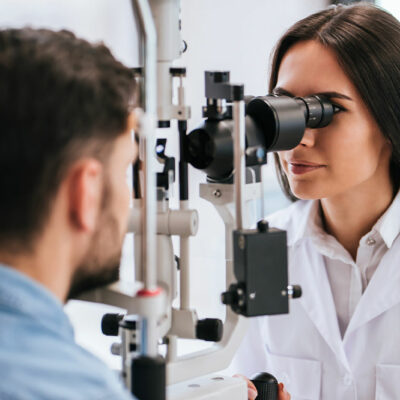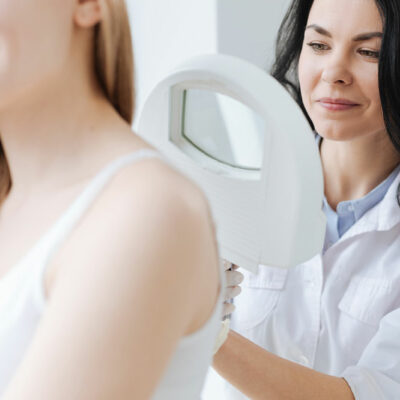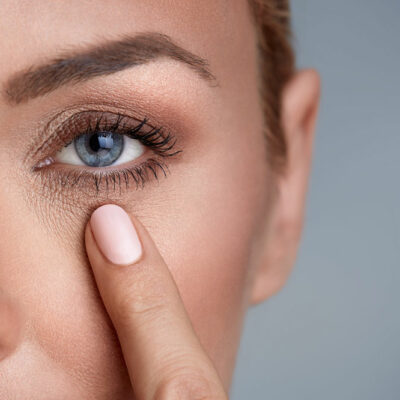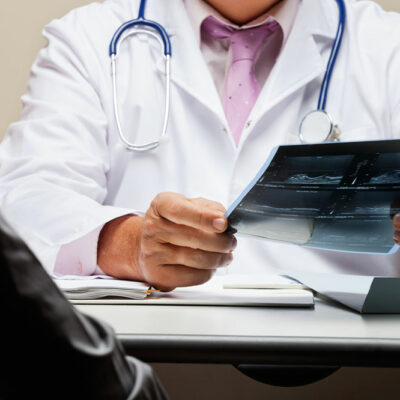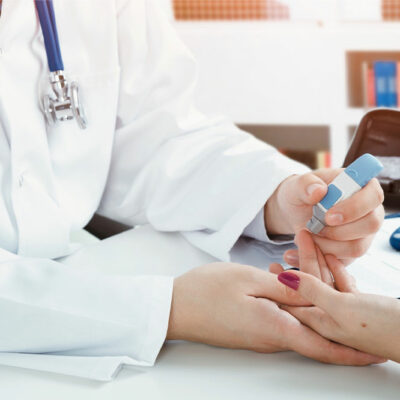
4 signs it’s time to get a new car
Cars, being made up of mechanical parts, have a limited lifespan. They undergo wear and tear over the years and display specific signs when nearing their end. These signs may develop gradually over several weeks and months and become more evident as time passes. From excess emissions to inadequate safety systems, here are some of the key signs that indicate your car has run its course and you need to get a new one. The car emits plenty of fumes High emissions can result from several factors, such as a malfunctioning filtration system, oil-burning problems, cracks in the engine block, or leaks in the engine gasket. The fumes could appear gray, black, or white when such issues exist. Black fumes indicate problems with the filtration system, while gray emissions indicate the car burns excessive amounts of oil and fuel every time it hits the road. If your car emits too much gasses, you may have to find and address the problem. But if the issue reoccurs, it is time to get a new car. The car’s interiors start crumbling Aging car interiors tend to come apart pretty easily. If the carpets creak every time you place your feet on them, the seats become borderline unusable, or the door handles loosen, it is most likely the end of the road for the vehicle. Holes in the floor, worn-out switchgear, and air conditioning that does not cool the interior quickly are other signs to replace your car.
Read Article 